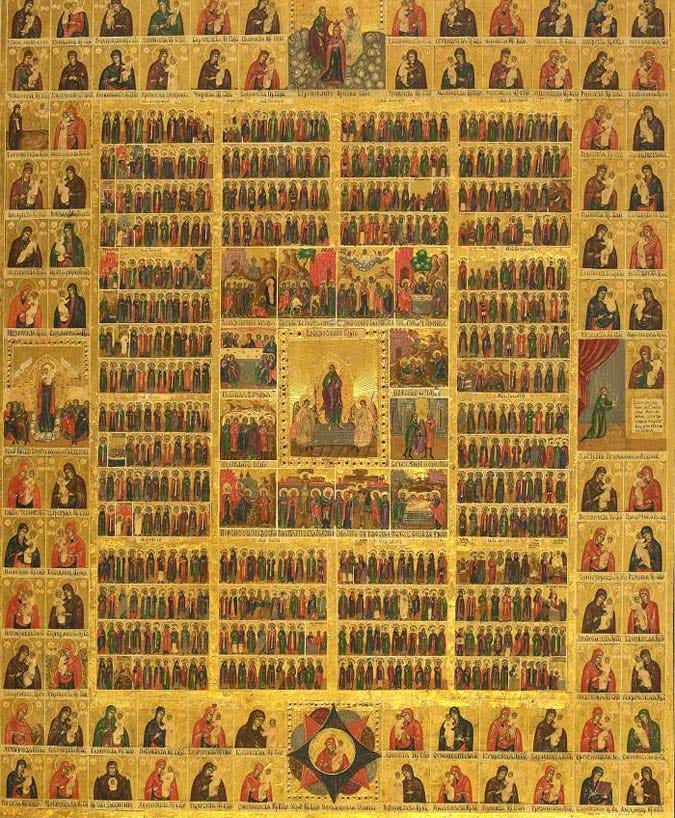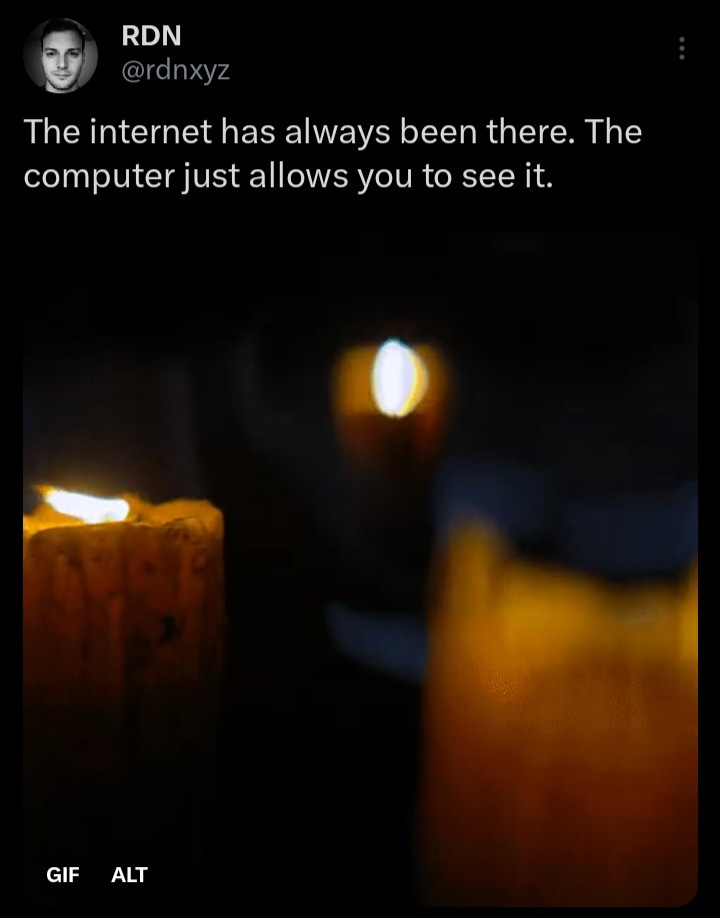What really sets Christian fasting apart from its secular counterparts is the acknowledgment of fallen, dark spiritual forces whose sole aim is the destruction of human souls.
While making such an acknowledgment won’t necessarily score you many status points in the broader culture, it has become far less déclassé to suggest as much among cutting edge crowds in recent years.
Contemporary philosophers and cognitive scientists discuss and explore these phenomona in their research and in public forums, though one will hear terms like “hyper-objects” and “egregores” rather than powers and principalities.
In his mind-bending book Human, Forever, James Poulos points out that digital phenomena share many characteristics once reserved for spiritual forces, such as being in two places at once, passing through walls, or inhabiting or “possessing” various household items.
As many are now relearning in the digital age, the world is far more bizarre and occupied than the comparatively uniform straitjacket of print or pre-digital electric media would have us believe or imagine. Although I wouldn’t recommend it, you can see in the internet demon Loab a precursor to a phenomenon that will becoming increasingly common as we “play” with AI.
It’s a testament to where we are currently that former OpenAI CEO Sam Altman talking about AGI as a “magic intelligence in the sky,” or news of the co-founder of Google Larry Page’s desire to build a digital god is met with the online equivalent of a dull gaze. Sure, in some corners there is the obligatory handwringing set to a soundtrack of doomy gloomy songs, but at the end of the day it’s just another headline.
While small-o orthodox Christians may feel alarmed at such developments it’s unlikely the news will surprise them. Peter Harrison made this good point in response to Pt. II:
Too many of us have had the experience of looking up from our computers or phones after an hour of scrolling only to realize we’ve unsuspectingly visited some fey island, only to return with…what? We’re not sure. The truly frightening realization is that the answer is not necessarily nothing.
According to Orthodox theology, it is our incarnate bodies, which the fallen spirits lack, which allow us to repent, to realign ourselves with God. It is much more difficult to inhabit your body, and thus the means of repentance, when sat in front of a glowing screen.
Calendar as Roadmap for the Human Family
All Christian traditions have some form of liturgical calendar. If you celebrate Easter each year, you’ve got one. But speaking for my own tradition, participation in the liturgical year comes with certain presuppositions, one of which is that spiritual world is real and that one does spiritual battle with fallen forces through prayer, fasting, almsgiving, and yes, feasting. All of this requires engaging with the body in specific ways at specific times to prepare for and then celebrate specific events. On the ground this can look like going and singing at the services, bringing food to the sick, setting the dinner table, putting down the phone.
The seeming rigidity of the calendar, the relentless fast days, the constant failure to maintain a proper attitude and spirit, all this would be unbearable if one were to do it alone. But ultimately, the liturgical calendar is a family affair. As it is right to celebrate the birth of a child, so is it right to celebrate that event each year with the added depth and joy that comes from our many hardships and occasional triumphs.
As a Christian, I don’t believe the human family has to abandon the digital, nor fear the dark spiritual forces that hijack our technologies for our destruction. But we shouldn’t be so naive to think that the lights from our screen will protect us. The human family is impervious to dark powers and principalities insofar as it retains it’s humanity which is only seen in the True Light. It is through fasting, and feasting, together that we remember our humanness, a humanness which is grounded in the God who became man, the God who was first revealed to the world as a little child.
Have a Merry Christmas!




